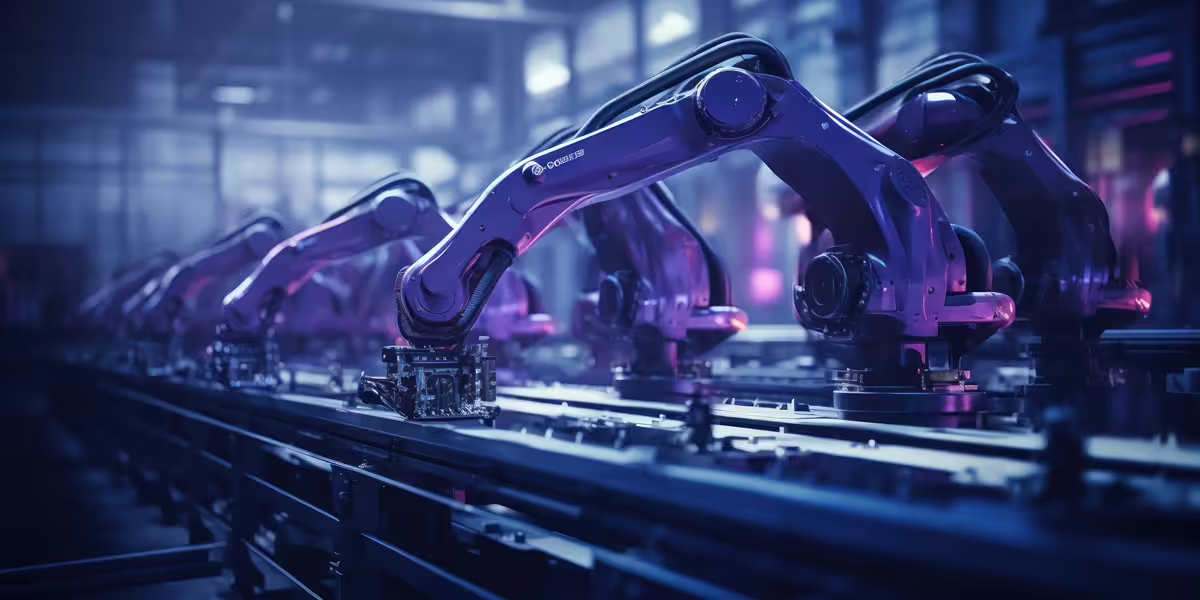An example from the automotive sector
The Polish automotive sector is one of the most important sectors of the economy (generates 9% of GDP and 12% of exports), innovative, the flywheel of the Polish economy
Poland is the 5th largest producer in Europe and 9th in the world in the automotive sector.
High growth rate (production of parts, drives and components).
The sector is undergoing a technological revolution: the end of the mastered to perfection internal combustion engine (ICE) technology to electric propulsion, changes in supply chains and business models, new competence requirements in the labour market and sustainability requirements.
Most of the more than 1,000 Polish companies (around 250,000 employees) today produce for the internal combustion engine, and in the supply chains they occupy the position of subcontractors for large corporations.
Electromobility may result in a loss of market for their products (8 out of 10 parts produced today for combustion cars will have to be significantly modified or will not be needed at all in the construction of an electric car).
Challenge for the labour market: one job in motoring generates 4 jobs in other sectors
